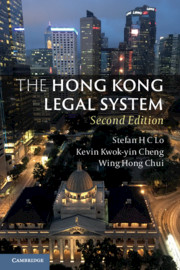Sophia Moreau's Faces of Inequality adopts a provocative philosophical methodology: centring the experiences of victims of discrimination, and the basic contours of anti-discrimination law, in developing an account of wrongful discrimination. If, however, we take seriously sceptical accounts of law developed within feminist and critical race scholarship, we begin to see a tension within Moreau's methodological dyad: if victims of discrimination often experience discrimination law as hostile and disbelieving, how can both be treated as authoritative? This contribution will explore this tension as it emerges in Faces of Inequality, in light of Mari Matsuda's theory of “multiple consciousness.”
